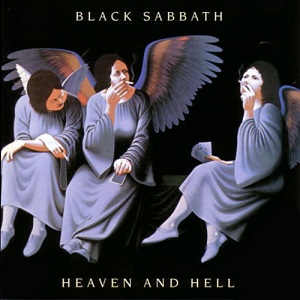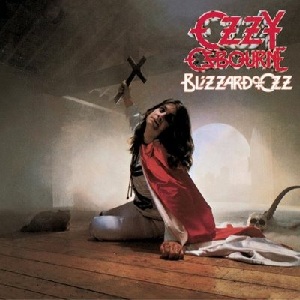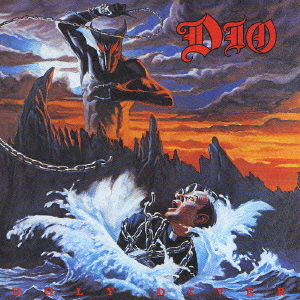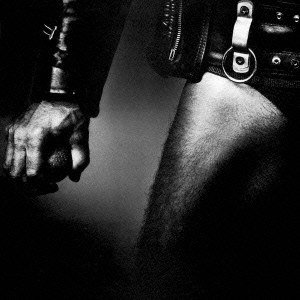Traditional and classic heavy metal
- Torfinn Sirnes
- Apr 5, 2020
- 3 min read
Updated: Apr 9, 2020
We often hear the terms traditional and classic heavy metal but what do they really mean? Check out the article and listening tips below to get a broader understanding of this concept.
The concept of traditional/classic heavy metal can describe both a certain time period and a loosely defined subgenre but is still at best a vague concept. Both terms are disputed but nevertheless they are often used by both metal fans and writers. Three different understandings of the concept are discussed below:
1. One understanding relates the concept to both hard rock and heavy metal from the 1970's and 1980's, starting with Black Sabbath and including many bands that played hard rock or early types of heavy metal in the 70's. This understanding of the concept is disputed and is related to the following discussions: Were the hard rock bands from the 70's truly heavy metal? Or did heavy metal find its true form at the turn of the new decade? Is there really a difference between the genres hard rock and heavy metal? Or are they merely different terms for the same kind of music?
This broad understanding of traditional/classic metal most often encompasses the second understanding of the concept explained below.
2. The second understanding roughly excludes most of the 70's hard rock and considers the starting point of true heavy metal to be nearer the year 1980. Thus, the classic years of heavy metal are in the first half of the 80's.
The classic bands from this time period also share some very broad genre traits:
The traditional metal bands are generally heavier than the hard rock bands of the 70's.
They usually have a rough and intense, but at the same time melodic, vocal style.
They are traditional in the sense that they don't have the typical distinct genre traits of later emerging subgenres, like glam metal, thrash metal, death metal etc.
They usually adopted the classic heavy metal denim and leather jackets image

This understanding of the concept includes NWOBHM bands like Iron Maiden and Judas Priest. Black Sabbath and Ozzy Osbourne are also considered classic metal from their respective comebacks in 1980 and onwards. Other good examples are Dio, Accept and Manowar.
Can newer bands also be considered traditional metal? Most fans would probably say they can, providing their sound resembles some of the classic bands just mentioned. A good example would be Swedish band Hammerfall.
3. A third and even broader understanding also includes early bands of some of the subgenres that emerged in the 1980's, like glam metal, thrash metal, doom metal etc. This understanding thus includes bands as different as Mötley Crüe and Metallica. Just like in other parts of society, what is considered traditional or classic changes as time goes by. Hey, it's been 30 years since Pantera released "Cowboys From Hell". Some people would therefore refer to Pantera as classic metal as well.
As already mentioned, traditional or classic metal is a vague concept and none of these understandings hold the undisputable truth. The listening suggestions below, however, are solely based on the second understanding of concept.
6 classic metal songs from 6 classic metal albums of 6 traditional heavy metal bands:
Black Sabbath: "Heaven and Hell" (from Heaven & Hell, 1980)
Ozzy Osbourne: "Crazy Train" (from Blizzard of Oz, 1980)
Judas Priest: "Electric Eye" (from Screaming From Vengeance, 1982)
Iron Maiden: "The Trooper" (from Piece of Mind, 1983)
Dio: "Holy Diver" (from Holy Diver, 1983)
Accept: "Balls to the Walls" (from Balls to the Walls, 1983)
Stay metal!
(Thanks to Terje Høiland for the use of his very first combat jacket.)












Comments